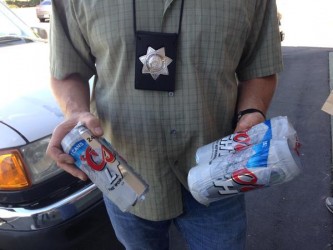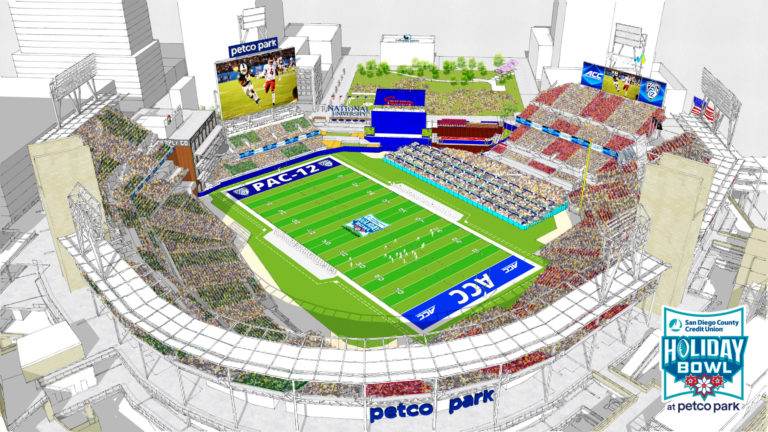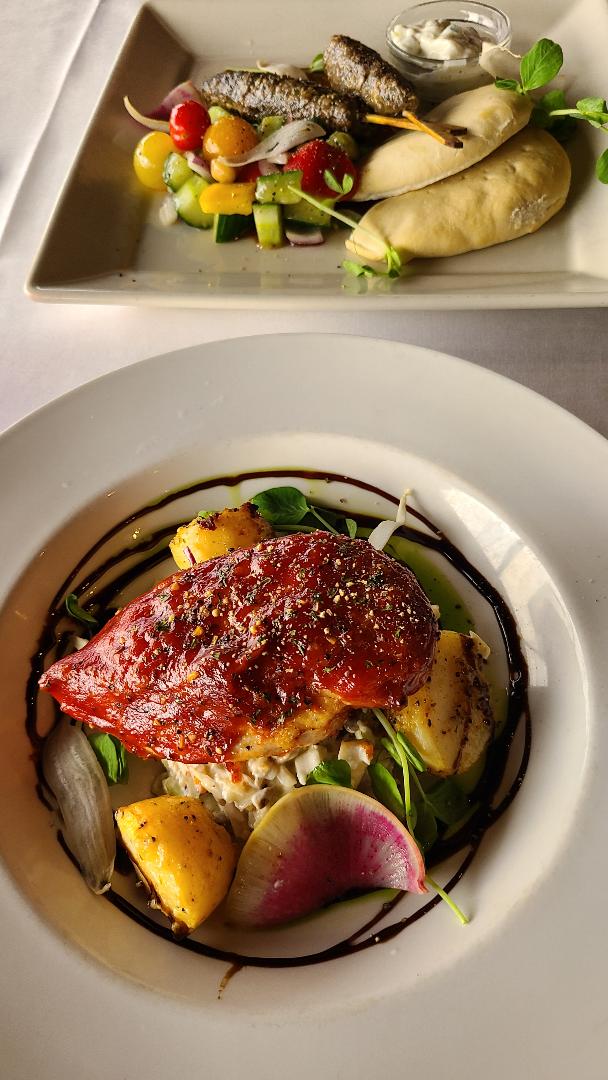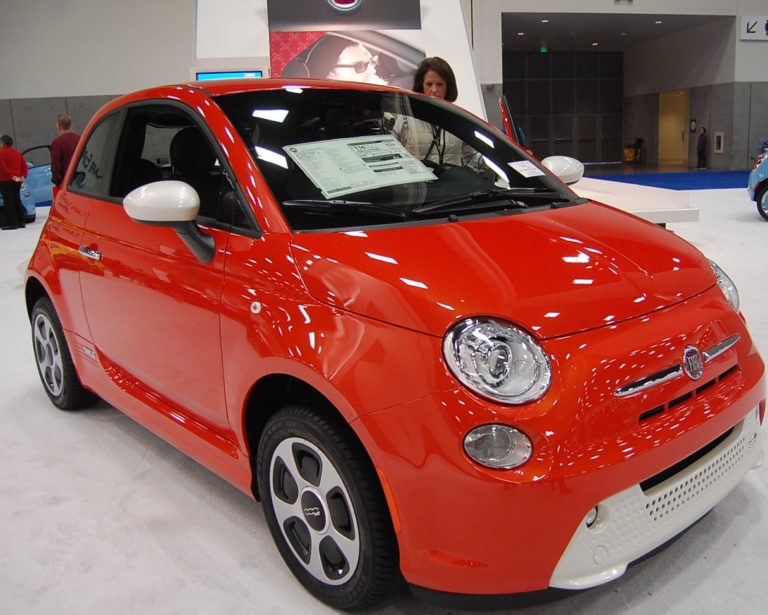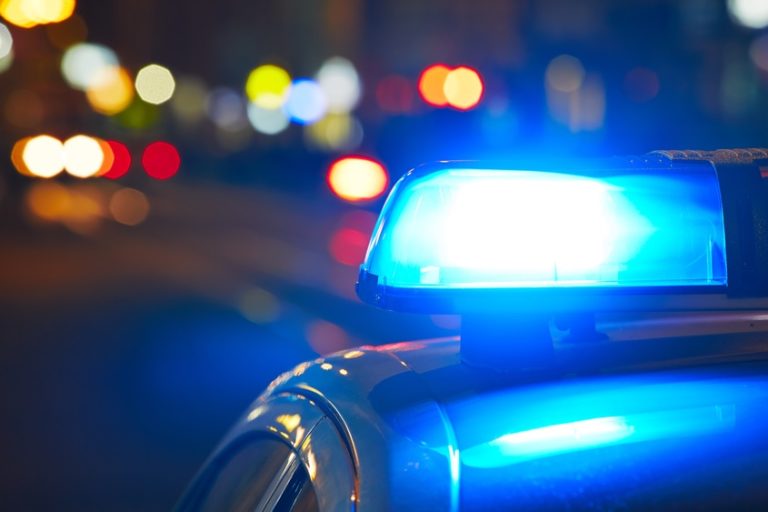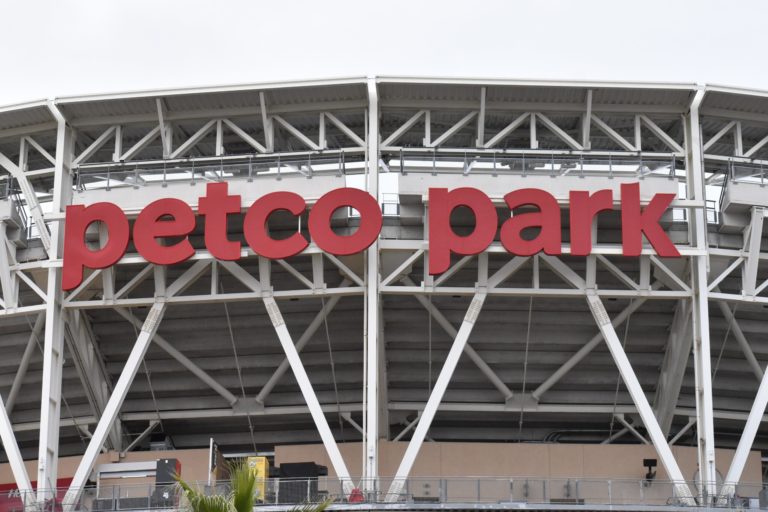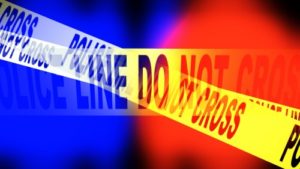San Diego police, Alcoholic Beverage Control conduct minor decoy operations at businesses
By SDCN Editor
San Diego, CA–The San Diego Police Department and the California Department of Alcoholic Beverage Control (ABC) conducted a minor decoy operation at 13 licensed businesses on August 27 in San Diego.
Minors under the direct supervision of law enforcement attempted to purchase alcoholic beverages from 13 retail licensees in the City of San Diego. 11 clerks practiced responsible alcoholic beverage sales by checking the minor decoy’s identification and refusing to sell to the minor, while two clerks did not and sold alcoholic beverages to minors. The two clerks who sold were issued citations.
Statistics have shown that young people under the age of 21 have a much higher risk of being involved in a crash than older drivers. About 25 percent of fatal crashes involve underage drinking according to the National Highway Traffic Safety Administration.
“Conducting these operations allows us to help reduce underage drinking and increase public safety,” San Diego Police Department Vice Lieutenant Jason Scott stated in a news release.
“Businesses should always check IDs before selling alcohol,” said ABC Chief Deputy Director Joseph McCullough. “Preventing access to people not old enough to legally purchase alcohol improves safety on our roadways and in our communities.”
Clerks who sold to a minor face a minimum fine of $250 and between 24 and 32 hours of community service for a first violation. In addition, ABC may take administrative action against the alcoholic beverage license of the business where alcohol was sold to a minor.
That may include a fine, suspension, or the permanent revocation of the license. Minor Decoy operations have been conducted by local law enforcement throughout the state since the 1980s. When the program first began, the violation rate of retail establishments selling to minors was as high as 40 to 50 percent. When conducted on a routine basis, the rate has dropped below 10 percent in some cities. In 1994, the California Supreme Court ruled unanimously that the use of minor decoys is a valid legal tool of law enforcement to make sure that licensees are complying with the law.
Funding for the program was provided by a grant from the California Office of Traffic Safety through the National Highway Traffic Safety Administration

